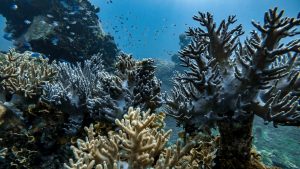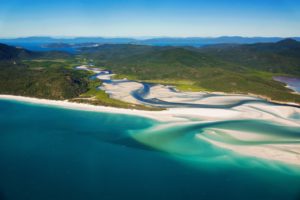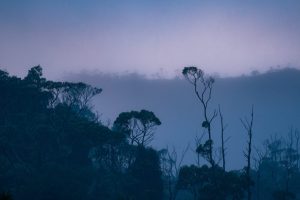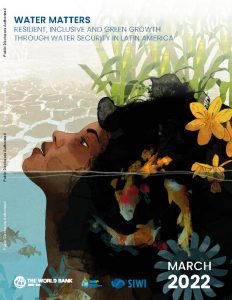- SIWI – Leading expert in water governance
- /
- Latest
- /
- Home is where the water is
Home is where the water is
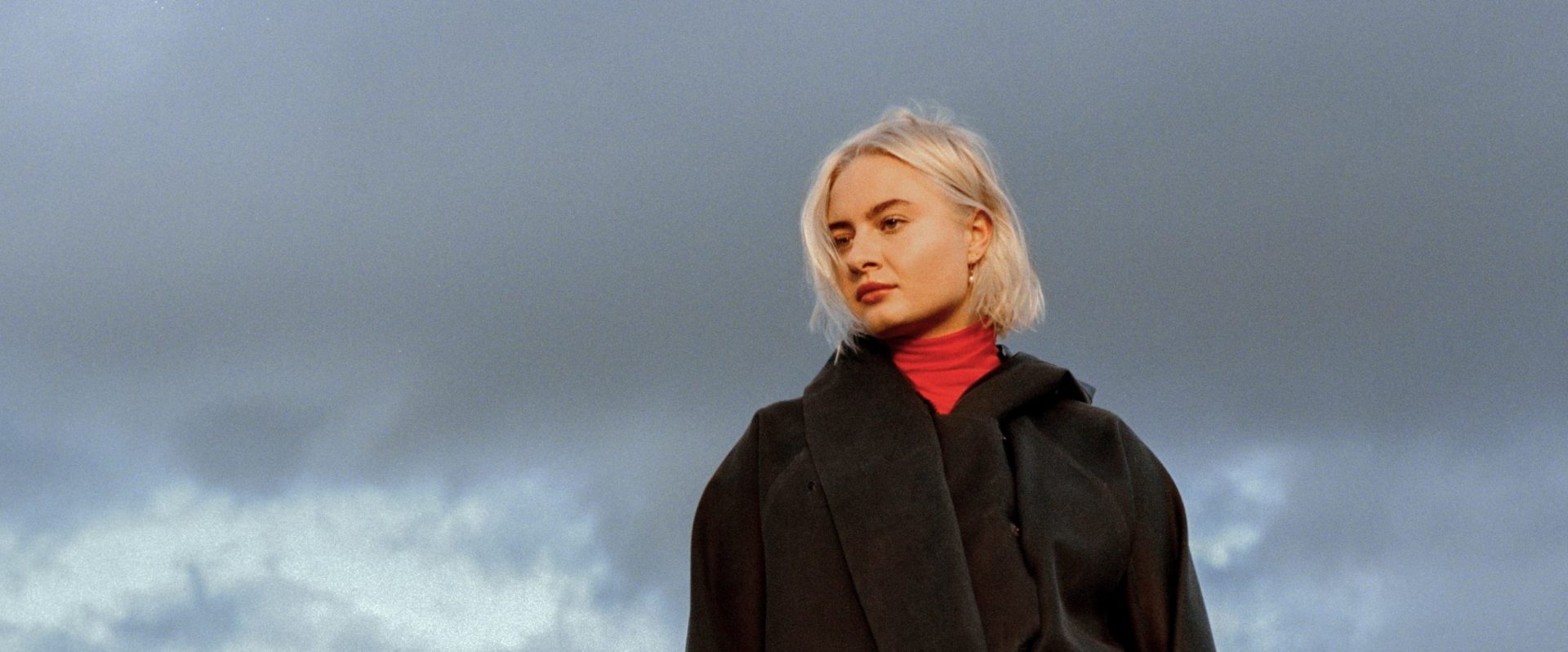 English artist Låpsley
English artist Låpsley Låpsley, is an English artist and producer. Her debut album Long Way Home was released in 2016 and followed up by the much anticipated Through Water in 2020, released in March as the world locked down. When deciding which song would open her most recent album, artist Låpsley decided she wanted to start with a “real issue” before delving into her own emotional issues laid bare on the following tracks.
She spoke to us about why water means so much to her and why change has to start in our own backyard.
What does water mean to you?
I grew up on the seaside, our family is from a small area next to a canal. Låpsley means keeper of the loch and I feel most at peace and most at home when I am close to bodies of water. But water has a duality: it gives life and joy and that feeling of home, but on the flipside it can be very dangerous, such as contaminated water or drowning. In that sense I think water reflects us as human beings: we have that duality. People can be good, bad and all the things in between. That is what this album explores, both literally and figuratively, through water.
Why did you want to include the water and climate message now?
I have always been surrounded by facts and information and the narrative around water and safe water and climate issues. It started at home: like how important it is to have a clean beach and how lucky we are to have access to safe water.
I always write about what’s on my mind. As a teenager that was about my first boyfriend or not knowing what I am doing with my life [on my first album]. At the age of 19 or 20 I started getting interested in political issues, local politics and climate issues.
As we start to become adults, I think we go through a semi-existential crisis – we start to realise the impact we have on the world. Such as the emissions we are responsible for. For me, my writing process is like therapy: I am not surprised this came up.
What role can artists play in tackling the climate crisis?
Climate issues have been in the news for so long now. At this point people almost don’t see climate change as a current and pressing thing. The feeling of: I can’t really see it happen in my backyard therefore, I don’t really understand how it affects me and how my actions affect it.
Alarm bells are ringing and I needed to navigate how I wanted to play my part. “Through Water” was me making the statement: “majority of the impacts [of climate change] are felt through water”. I think when people listen to music, they’re often looking for some kind of emotional connection or solace or even just to relax. I don’t think anyone’s expecting those kind of words to pop up. I want to start conversations where its least expected. And now I am answering questions on these topics [water and climate] on national radio stations in the UK and the US, and any chance I get I will talk about water.
As important as it is for me to talk about my work from an emotional perspective I think talking about current issues in the world is about my duty as a person. I’m trying to use this platform to talk about climate change through the vehicle of my work.
What is stopping more people from taking responsibility?
I do think we are still uncomfortable talking about the climate crisis. And that is actually what we wanted to articulate with the album cover.
When we were brainstorming ideas about how we have a photo that encapsulates both the climate element and the emotional element of the album I came up with the idea of being completely suspended in a body of water. It was so difficult to shoot and I basically had to jump off huge scaffolding with weights underneath me and and I was under the water for around 40 seconds with the support divers far away enough so they weren’t visible in the photo.
It was a really stressful experience. But I wanted it to look stressful – I wanted this balance between serenity and uncomfortable chaos. That’s how I feel about this subject: and it’s uncomfortable because we it’s hard to know the direct course of action. As someone who’s not working with the issue directly.
How do we empower people, especially young people in feeling that they can take action and make a difference?
I think it starts at home: step one is an awareness of how important the role of water is in your life and in your city. We can look at how privileged we are and and how that’s not necessarily the same case for every single person our age around the world.
I think as much as we’re always looking like outwards. I think maybe the first step is to look at our own lives. And also I think that’s quite easy first step.
Step one is an awareness of how important the role of water is in your life.
I think before you go down the route of what action to take, you need to have that emotional connection and in order to find that emotional connection, you need to do a bit of exploratory research. And I don’t think that has to go outside of your backyard. And I hope that that’s the fuel that will take people to then go on to the next step. There are pressing issues even in our hometowns
What do you think needs to happen to make significant change?
I think it was interesting to see how quickly the Western world reacts when they see something that’s threatening their own populations. With the Covid-19 pandemic there was an immediate sense of getting everyone’s heads together and now we are already rolling out a vaccine.
It made me think that urgency fosters action. If there was a climate issue that was directly affecting the people of the UK maybe they would take action. We have the knowledge it is just a case of putting heads together and focusing on finding and implementing the solutions that are out there.

